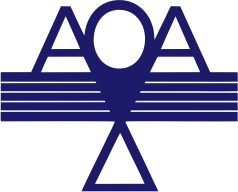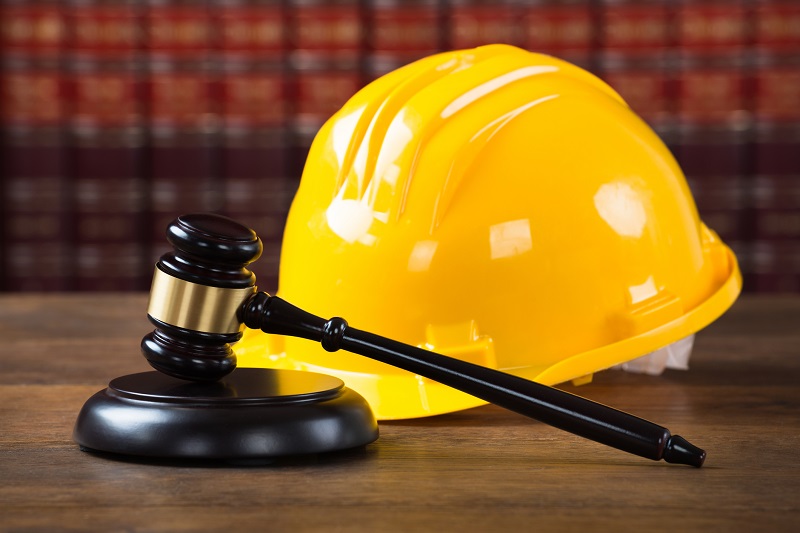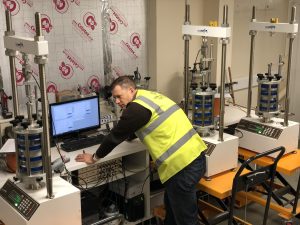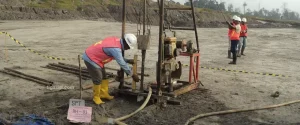One of the most important steps is testing. Construction testing helps ensure that materials, structures, and systems are safe, reliable, and built according to standard. Without proper testing, a project faces many risks. These include safety issues, cost overruns, regulatory penalties, and legal consequences.
Inadequate Construction Testing is a serious problem in the industry because it affects the quality of the finished structure and creates legal and financial risks for contractors, engineers, project owners, and consultants.
This article explores those risks and highlights the importance of proper testing throughout the construction process.
What is Construction Testing?
Construction testing refers to the processes used to check and confirm the quality and performance of construction materials and work. It includes tests for soil properties, concrete strength, steel reinforcement, compaction levels, and more. These tests are done before, during, and after construction to verify that the work meets design requirements and safety standards.
Regulatory bodies and professional associations often guide testing through established standards. In Nigeria, the Council for the Regulation of Engineering in Nigeria (COREN) and the Federal Ministry of Works and Housing provide such standards. Construction testing is essential for preventing defects, avoiding delays, and delivering quality results.
Why Inadequate Testing Happens
Sometimes, contractors or project teams view testing as an extra step that costs money and delays progress. This thinking leads to shortcuts. In some cases, testing is skipped entirely or done with poor equipment and untrained personnel. These choices can result in big problems later on.
Risks Tied to Inadequate Testing
Here are some of the most common legal and liability risks tied to inadequate testing.
- Breach of Contract
Most construction contracts clearly state the standards and materials to use in the project. They also list the tests that should confirm the work meets these standards. If someone skips testing or performs it improperly, they can breach the contract. The client may withhold payments, demand corrections, or take legal action.
- Professional Negligence
Contractors, engineers, and consultants have a duty to perform their work with care and professionalism. If someone fails to conduct necessary tests and that failure results in harm or damage, it could be seen as professional negligence. This can lead to lawsuits, financial claims, and even disciplinary action from professional bodies such as COREN.
- Structural Failures and Safety Issues
When testing is inadequate, defects in the structure may go unnoticed. Weak soil, poor concrete mix, or low compaction levels can lead to cracks, settling, or even collapse. These problems might take months or years to appear. When they do, those responsible for testing may face legal and financial accountability.
- Regulatory Sanctions
Regulatory bodies require certain tests to be carried out and documented during a project. If professionals ignore these requirements, the project can face penalties, work stoppages, or even license revocation. This can lead to major delays and additional costs. In some cases, repeated non-compliance may prevent a firm from getting future approvals.
- Insurance Problems
Insurance companies require proof that quality control procedures were followed. If an investigation after a claim shows that professionals did not perform proper testing, the insurance company may deny coverage. This leaves the contractor or developer to bear the full cost of damages or repairs.
- Reputational Damage
Word spreads quickly in the construction industry. A project that fails due to poor testing can affect a company’s reputation for years. Clients may be reluctant to work with a firm that has been involved in legal disputes, failed inspections, or structural failures. A single bad project can reduce business opportunities across the board.
How to Avoid Legal Risks
There are practical steps that can help construction professionals avoid the legal and financial risks associated with poor testing. These include:
- Use only qualified engineers and technicians for testing tasks
- Work with certified laboratories that follow national and international standards
- Keep clear records of every test, including date, method, and result
- Schedule tests early enough to allow for proper review before moving to the next phase
- Train staff on the importance of testing and quality assurance
- Always follow testing requirements specified in project documents and regulatory guidelines
Projects that apply strong quality management practices experience fewer delays, fewer disputes, and lower overall risk. Proper testing is one of the most important parts of that quality management process.
For reliable testing services that protect your project and reputation, AOA Geo-Net offers expertise and quality assurance every step of the way.




